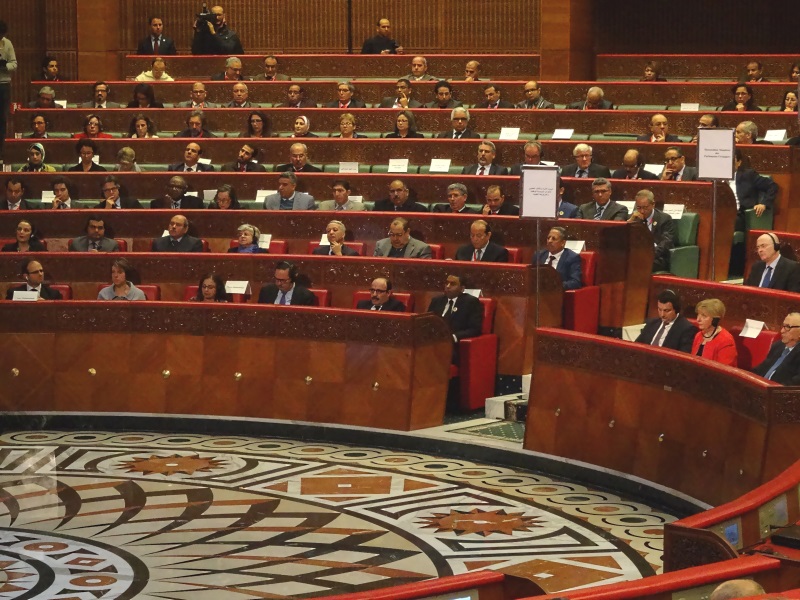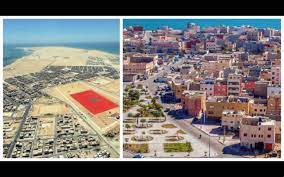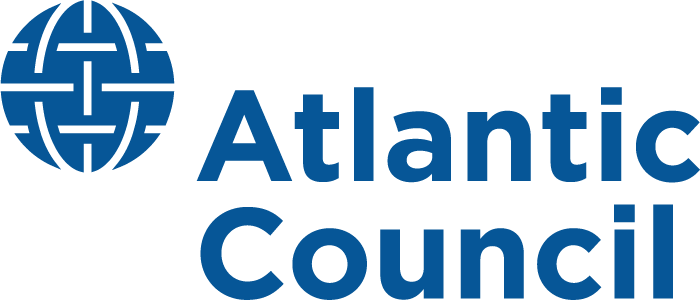Morocco is on an ambitious trajectory to reform its social protection system, and the International Labor Organization is prepared to accompany the Kingdom on this path, ILO Director-General Gilbert Houngbo said on Monday.
In a speech read on his behalf by ILO’s representative in Morocco Aurelia Segatti, at the 9th International Parliamentary Forum on Social Justice organized by Morocco’s Upper House, Houngbo added that Morocco has made significant progress in extending medical coverage and pension schemes.
He recalled that the Kingdom has launched an ambitious social protection reform based on four major projects, namely universal medical coverage, pension reform, improved loss-of-job allowance, and the extension of social rights to uncovered workers.
“The aim is to guarantee a more inclusive and equitable social protection system for all citizens, without exception”, he asserted.
He further pointed out that the ILO is playing a key role in accompanying Morocco in its social protection reform, notably through technical support in actuarial modeling, adding that this expertise aims to ensure the financial viability of the social protection system and the extension of coverage, in particular for the four major building blocks of the reform.
Houngbo added that, as part of the UN’s sustainable development cooperation program in Morocco, the ILO is working alongside other UN agencies to harmonize efforts and optimize resources, recalling that these reforms fall in line with the Sustainable Development Goals (SDGs), notably SDG 1 (fight against poverty), SDG 3 (health for all) and SDG 10 (reduce inequalities).
In addition to technical assistance, the ILO is committed to providing analytical tools and practical guidelines to assist Morocco in developing a solid, sustainable social protection system tailored to the needs of its population, Houngbo said.
At international level, one of the main challenges today is generalizing access to social protection, Houngbo continued, pointing out that 3.8 billion people, or 47.6% of the world’s population, have no social protection benefits at all, which weakens the resilience of societies in the face of crises.
Africa’s situation is particularly worrying, as less than 20% of the population is covered by a social protection scheme, he deplored, noting that this deficit, aggravated by the prevalence of informal work, represents a major obstacle to social inclusion and the fight against poverty.
In this context, Houngbo highlighted the importance of the international labor standards developed by the ILO, revealing that Convention No. 102 on Minimum Standards of Social Security and Recommendation No. 202 on Universal Social Protection are essential references for social protection reforms.
“These standards offer practical guidelines that should inspire countries’ social security policies”, he concluded.
In his address at the opening session of the forum, held under the theme “Generalizing social protection in Morocco: a development vision with international standards, Speaker of the House of Councillors Mohamed Ould Errachid said this event is an opportunity to detail the challenges surrounding the implementation of the reform project and to anticipate innovative collective solutions with a view to overcoming them.
He deemed that the project to strengthen social protection, “however solid and strong its foundations may be, its implementation is subject to numerous challenges, notably in terms of aligning national legislation to international standards and strengthening the legal framework, as well as creating the conditions for the system’s sustainability in the face of economic, social, and demographic transformations, particularly in light of the growing needs and aspirations of citizens with regard to current and future financial and institutional constraints”.
Ould Errachid expressed hope that this Forum, organized in partnership with the Economic, Social and Environmental Council (CESE), would lead to “conclusions and practical recommendations to strengthen and generalize the social protection system in Morocco, thus offering wider scope for the implementation of the values of equity and equal opportunity, while reinforcing the process of achieving social and spatial justice.”



